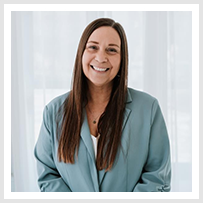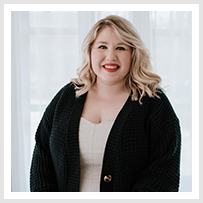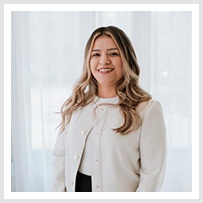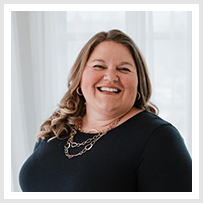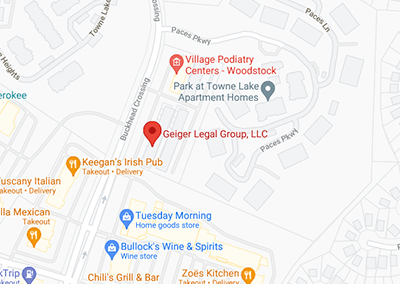Bedsores in Canton Nursing Homes
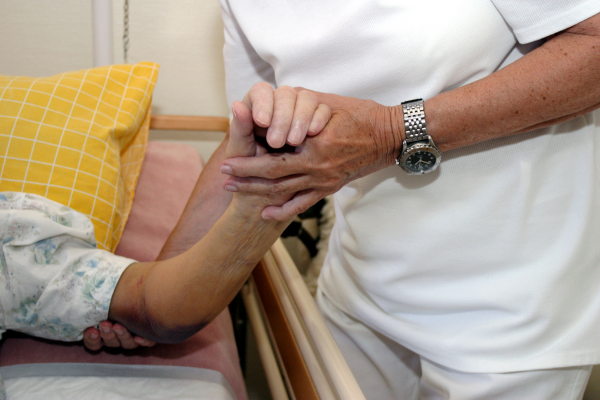
Bedsores, also known as pressure ulcers, decubitus ulcers, or pressure sores, are a prevalent issue in nursing homes that can significantly impact the health and well-being of residents. These sores are often a result of neglect and inadequate care, emphasizing the importance of vigilance and proper protocols in nursing facilities.
A bedsore develops when continuous pressure to a certain area of the body breaks down the skin. This prolonged pressure on the skin restricts blood flow, leading to tissue damage. In nursing homes, neglect plays a crucial role in the formation of bedsores. Other factors contributing to bedsores include:
- Immobility – A nursing home resident who is unable to move or reposition themselves is at a higher risk of developing a bedsore. Lack of mobility can lead to constant pressure on certain body parts, especially bony areas like hip bones, heels, and the sacrum, a bony structure located at the base of the lumbar vertebrae connected to the pelvis. In fact, about 70 percent of pressure injuries develop in the pelvis area.
- Malnutrition and Dehydration – Malnutrition and dehydration weaken the skin and make it more susceptible to damage.
- Poor Personal Hygiene – Neglecting personal hygiene can create an environment conducive to the growth of bacteria, which can increase the risk of infection.
Other issues that make someone more at risk for developing a bedsore include:
- Using a wheelchair
- Stroke victims
- Dementia
- Sedation
- Obesity
- Prosthetic devices
- Incontinence
- Diabetes
Nursing homes and other long-term care facilities that are chronically understaffed can also make residents more at risk for developing a pressure sore. When nursing homes put profits over patient safety, residents suffer.
Signs of Bedsores
Identifying bedsores in their preliminary stages is crucial for effective treatment. Common signs of a bedsore include:
- Red or discolored skin
- Swelling and warmth
- Pain or discomfort
- Changes in skin texture
Stages of Bedsores
There are five main stages of bedsores. Treatment will vary depending on what stage a sore is scaled. It is the responsibility of a nursing home facility to identify a pressure sore, scale it correctly, and provide proper medical care and treatment to keep it from getting worse. Once a bedsore is beyond stage 4, it is considered “unstageable,” which is dangerous because it’s more susceptible to infection. An unstageable bedsore can lead to serious infections and even death.
Preventing Bedsores
Because direct pressure on a certain area of the body is the leading cause of bedsores, it’s crucial that nursing home staff and caregivers continually monitor bedridden or immobile residents to ensure they are not in the same position for prolonged periods of time.
Residents in Canton nursing homes should be evaluated by The Braden Scale or the Norton Scale – two tools used by professionals to determine who may be at risk for developing a bedsore. These tools help nurses and caregivers measure issues such as skin moisture, sensory perception, physical activity, friction & shear, and nutrition. It also measures a resident’s ability to control their body position. A resident who scores twelve or lower is considered high risk and should be monitored more closely.
Other preventive measures include:
- Regular repositioning
- The use of specialized mattresses and cushions
- Proper nutrition and hydration
- Good hygiene practices
- Proper staffing
- Gently adjusting wheelchair-bound patients frequently
- Changing soiled clothing immediately
- Applying lotions and creams to keep skin soft
- Using gentle/mild soap to clean skin
If a bedsore has already formed, it is the nursing home’s responsibility to diagnose and treat it. Treatment is based on what stage a bedsore is scaled, but below are some examples of what nursing home staff should be doing to care for a bedsore that has already formed.
- Keep the area clean.
- Change bandages frequently.
- Treat the resident for pain as needed.
- Keep sores covered.
- Gently move and adjust a resident’s position.
- Use proper medication such as antibiotics and/or medicated topical creams when necessary.
- Surgery may be necessary for later-stage bedsores.
Are Bedsores a Sign of Abuse or Neglect
Bedsores are not always a sign of abuse or neglect, but they should never be dismissed. If a nursing home or other long-term care facility fails to evaluate a patient or a bedsore goes undiagnosed or is scaled improperly, it is considered negligence.
Other signs that neglect is a factor may include a facility that fails to meet proper staffing requirements or a facility that fails to modify or change a resident’s plan of care when a bedsore develops. Doctors, nurses, certified nursing assistants (CNAs), and other nursing home staff have a duty to meet the national standard of care when diagnosing and treating bedsores. If they fail to do so, it is negligence. The standard of care requires:
- Nurses assess, diagnose, plan, and evaluate every patient on every shift.
- Patients are evaluated using the Braden or Norton Scales.
- Nurses and staff have proper training in wound care, prevention, diagnosis, and treatment of bedsores.
- Nurses and CNAs are required to implement interventions and treatments that doctors order for a resident.
Contact a Skilled Nursing Home Abuse & Neglect Attorney
If your loved one has been diagnosed with a bedsore and you suspect neglect, we can help. At Geiger Legal Group, we strive to form genuine connections with all our clients to provide each client with the focused support they and their families need and deserve. Nursing homes and other long-term care facilities should be held accountable when they fail to provide your loved one with proper care. We work diligently to build an effective, thoughtful legal strategy that gives our clients the best chance at recovering maximum compensation when their loved one has been harmed due to negligence.
If your family has a loved one who was victimized by nursing home abuse or neglect, contact Geiger Legal Group, LLC today to schedule a free, no-obligation consultation to discuss the details of your case and to learn more about your legal rights and options. You can reach one of our skilled nursing home abuse attorneys at 770-802-1080 or use our online form to schedule a free consultation.







